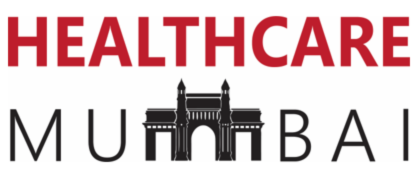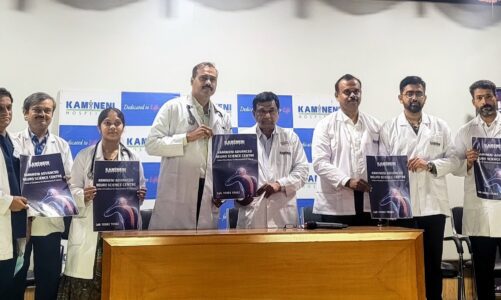The Menarini Gathering (“Menarini”) and Span Wellbeing, Inc. (“Span”) (NASDAQ: RDUS) (aggregately, the “Organizations”) gave subtleties on the elacestrant information from the EMERALD preliminary after the positive outcomes introduced today at the San Antonio Bosom Disease Discussion (SABCS). The information was introduced as a “Late Breaker” and partook in an oral show by Dr. Aditya Bardia, MD.
The EMERALD preliminary (NCT03778931), a multicenter, worldwide, randomized, open-name, controlled stage 3 preliminary assessed elacestrant as a monotherapy versus SoC for the treatment of ER+/HER2-progressed or mBC. The preliminary enlisted patients who had gotten 1 or 2 earlier lines of endocrine treatment (ET). Earlier movement on an ET in addition to CDK4/6 inhibitors was commanded for all patients. Up to 1 line of chemotherapy was permitted.
EMERALD met its two essential endpoints: movement free endurance in the general populace and PFS in patients with cancers holding onto Estrogen Receptor 1 changes.
Dr. Aditya Bardia, MD, bosom clinical oncologist at Mass General Disease Community, Harvard Clinical School and head agent of EMERALD, remarked, “Patients with pre-treated ER+/HER2-progressed or metastatic bosom malignant growth at present have restricted treatment choices because of the advancement of endocrine treatment opposition from prior treatment lines.” Dr. Bardia proceeded, “Elacestrant – as the main oral SERD – can possibly turn into the new norm of care given its presentation versus intramuscular fulvestrant and SoC in the general populace and in the ESR1 patient subgroup. As an oral monotherapy, elacestrant will offer patients, their families, and medical services suppliers a useful and safe therapy choice going ahead.”
Elcin Barker Ergun, CEO of the Menarini Gathering, remarked, “We are very satisfied with the outcomes from the EMERALD study. The information seems to exhibit that elacestrant can make an all around endured, effective oral choice versus fulvestrant and SoC in 2/3 line for patients experiencing progressed or metastatic bosom malignant growth, incorporating those patients with a growth holding onto ESR1 transformations, one of the most hard to treat subgroups in such tumors. We intend to continue with administrative entries in the US and European Association in 2022 given the positive wellbeing and viability results and thank all patients, their families and medical services experts for taking an interest in this significant clinical preliminary.”
Menarini plans to seek after blend studies and start movement in new lines of treatment like the adjuvant setting, empowering elacestrant to be used in completely tending to the most noteworthy neglected requirements for ER+/HER2-patients. In 2018, elacestrant got quick track assignment from the FDA.





